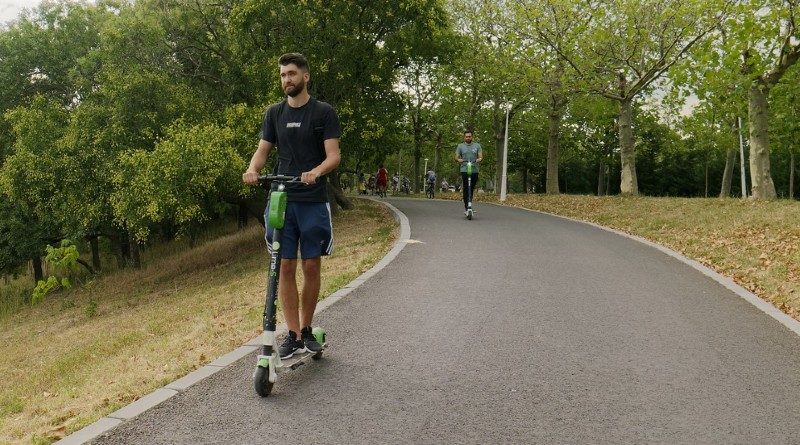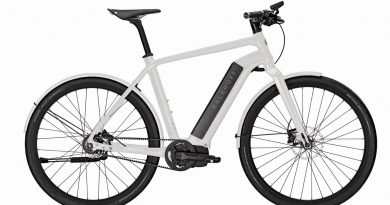Voi to pay for police spot checks on e-Scooters
In a bid to address concerns around irresponsible e-Scooter use, Swedish firm Voi has announced it will pay for police patrols to carry out spot checks on e-Scooter users in Birmingham. Police have also committed to carrying out checks in Northampton.
The news comes after Voi and Coventry City Council announced a suspension to the e-scooter trial in Coventry, as a result of complaints from the RNIB concerning e-Scooters being ridden on pavements. Additionally, Voi has also announced it will be introducing number plates on their e-scooters to help track rental users and their behaviour.
Voi has also stepped up the number of ambassadors it has on the streets, who are present between 6am and 10pm when scooters are operational. Ambassadors are available to teach people how to ride the scooters, as well as to explain the rules surrounding e-Scooter use.
A spokesperson for Voi said: “Following discussions with Transport for the West Midlands and the West Midlands Combined Authority, we are introducing some changes to the service to intensify our existing procedures to identify and tackle misuse. These police patrols form part of those measures.”
“The trials we operate for Transport for the West Midlands and the West Midlands Combined Authority are providing a new socially distant, environmentally friendly form of transportation across the region. We are passionate about shaping cities for people, reducing pollution and breaking traffic gridlock across Europe and now in the U.K. But we can only do this if people treat this new form of transport with care and responsibility.”
Electric scooters are currently classed as motor vehicles and a valid license, vehicle registration and insurance must be held in order to ride one. The current e-Scooter trials feature local exemptions that allow for the use of specific rental scooters within a specific area. although you can purchase an e-Scooter in the UK, you are not legally able to ride it on a UK public road, cycle lane or pavement. It can only be used on private land, with the permission of the landowner.
Tom McPhail, Director of public affairs for e-Scooter and e-Bike specialist Pure Electric, added: “Electric scooters are a low cost and environmentally friendly way to get around cities. The problem is they’re also a lot of fun to ride, so inevitably in these early days you’re going to get people pushing the boundaries of safe and acceptable use. The sooner the government makes new laws to regulate their use and they become commonplace, the sooner everyone can enjoy the benefits they bring. The current time frame of running trials for 12 months before deciding what to do next is far too long; the government should be drawing up legislation right now.”
Pure Electric has suggested new e-Scooter regulations, believed by the brand to combat current concerns and issues surrounding e-Scooters. These include:
- e-Scooters should be treated as close as possible to bicycles and e-Bikes.
- e-Scooters should be allowed on roads and cycle paths but not on pavements.
- A license should not be required to ride one.
- e-Scooters should have a minimum riding age of 14
- e-Scooters should have a speed limit of 15.5 mph
- e-scooters should be subject to type approval for braking performance etc
- Helmet use should be strongly advised but not mandatory
- Insurance should be recommended but not mandatory
- Safe riding guidance should be made widely available



